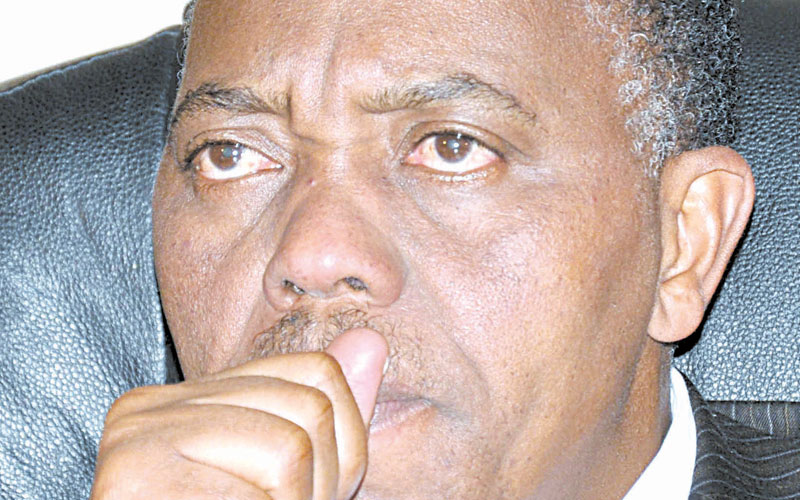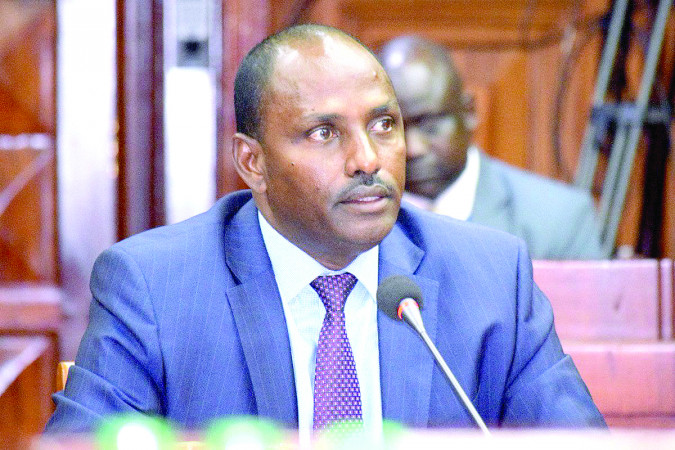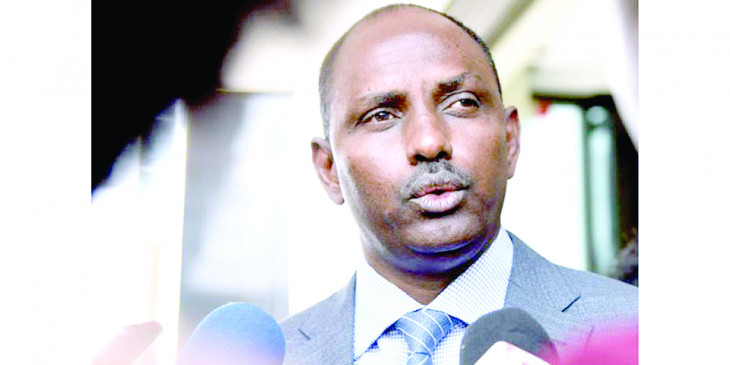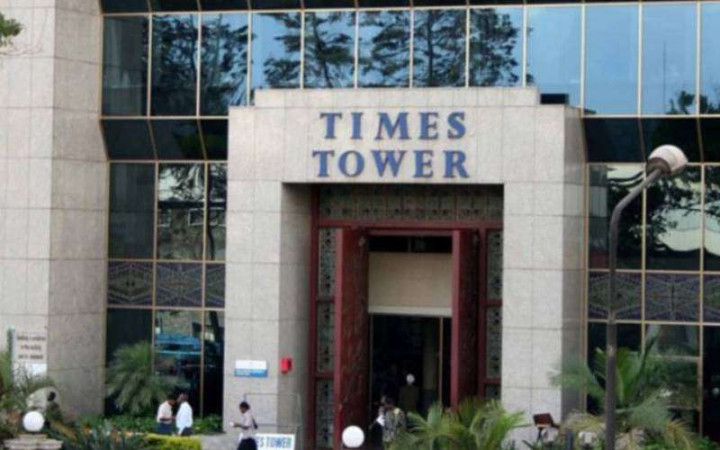Austerity measures point to likely economic lockdown

In typical scenario of desperate times calling for desperate measures, the government, which is faced with tough times is working round the clock to avert a possible economic lockdown.
After announcing far-reaching austerity measures, the government in a circular by the Head of Public Service Joseph Kinyua on November 11 directed all ministries, State corporations and agencies to halt all new projects, unless approved by the acting National Treasury Cabinet Secretary Ukur Yatani.
“In circumstances where commitments must be undertaken prior to Exchequer release, then the express written approval of the National Treasury issued under the hand of the Cabinet Secretary or Principal Secretary is to be obtained,” he said.
Yatani said austerity measures have already borne fruit with Sh66 billion out of a targeted Sh78 billion in dividends and retained earnings from State corporations having being raised.
He said State companies had not been remitting their dividends at the end of every financial year as required by law, denying domestic reports that the move to take the cash would starve the banking sector of liquidity.
“These are just surplus funds. Their operational accounts and all other matters have not been touched,” he told Reuters, adding that the extra cash would be spent on development projects.
To unlock more cash to the Treasury, a tough-talking Kinyua had asked all State corporations and Semi-Autonomous Government Agencies (SAGAs) to remit all their identified surplus funds, transfer ownership of treasury bills and bonds as well as appropriation in aid (A/A) revenues plus interest accrued directly to the Treasury latest Friday, November 15.
The State has also gone for the Judiciary, Parliament, Independent Offices and Commissions demanding they pay Pay-As-You-Earn, pension, sacco deductions, NHIF and NSSF as budgeted for, and in compliance with the statutory timelines.
Charge fees
According to Kinyua, this will pave way for the government to pay all outstanding pending bills by end of this month, pending audit queries by the end of this quarter.
By yesterday, National and County government departments owed suppliers more than Sh149 billion, despite Treasury having released funds required to clear most of the pending bills in June.
Yatani said 15 county governments and 53 National government ministries, departments and agencies (MDAs) had not paid the bills.
However, opinion is divided with Dr Samwel Nyandemo, a senior lecturer in development economy at the University of Nairobi (UoN) warning that the moves by government are signs that we could be headed to an economic lockdown.
“It (Government) is now frustrating on-going projects, suspending and freezing others; recalling money from respective units and even trying to sneak in a supplementary budget for survival purposes,” he said.
Seniour research analyst at Genghis Capital Ltd Churchill Ogutu told People Daily on phone, that the requirement by government to approve capital expenditure for its agencies was a way of controlling expenditure and containing the budget. He said targeting State corporations and SAGAs to transfer surplus funds back to the National Treasury was an indicator of the challenge the government is facing in collecting revenue.
“This is just another way the government is employing to raise revenue, given that it cannot go to the international debt market in the foreseeable future, owing to its debt proportions,” said Ogutu.
Among the known State firms that have responded to the government’s call is Kenya Pipeline Company, which has returned Sh5 billion and Kenya Airports Authority (Sh12 billion), while Kenya Ports Authority (KPA) remitted Sh18.7 billion to the National Treasury in the form of special dividends.
Michael Mburugu, partner at PKF Consulting, said while the government is struggling trying to raise revenue, some parastatals that have cash they do not need must release the revenue for circulation in the economy.
“We have organisations that keep cash to earn from Treasury Bills. Remember organisations like National Environmental Management Authority (Nema), Kenya Ports Authority, Communications Authority of Kenya are charging fees daily and keeping the money. This is money they do not need,” he said.
“The CS is trying to introduce fiscal discipline in the economy and such money can be used to pay suppliers.”














